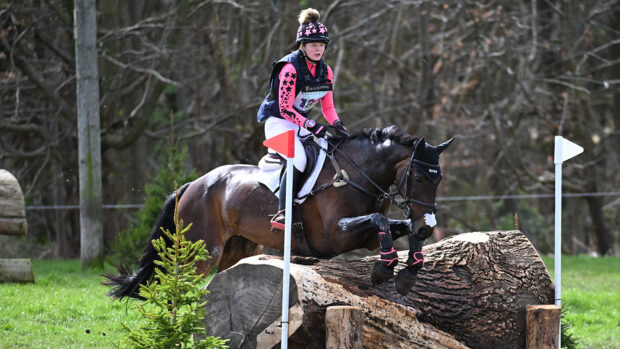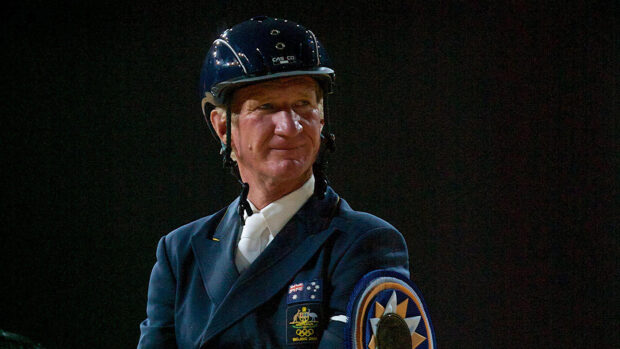An Australian equine vet has died after contracting the Hendra virus from an infected horse.
Alister Rodgers was diagnosed with the Hendra virus after treating a horse at Cawarral stud in Queensland in July.
Dr Rodgers was being treated in Princess Alexandra Hospital in Brisbane. He had been in a coma for the past two weeks but died yesterday afternoon (Tuesday 1 September).
The vet, who worked at Rockhampton Veterinary Clinic, leaves a wife and two children.
Dr Rodgers caught the virus after coming in contact with blood from an infected horse. He was treating a filly thought to be suffering from a snakebite on 28 July.
Authorities suspect that a fourth horse died of the virus on 28 July, but its body was destroyed before it could be confirmed.
The Australian Veterinary Association said: “We extend the sympathy of vets around the country to Alister’s family, friends and workmates.”
“Unfortunately this problem is not going to go away.
“We hope answers can be found so we never have to mourn the loss of another colleague to Hendra.”
Three stud workers and owner John Brady also taken to hospital for observation but were discharged this week clear.
Last year Brisbane vet Ben Cunneen died of Hendra virus.
Dr Rodgers has become the seventh person to contract the virus and the fourth to die since Hendra virus was identified in 1994.
The virus displays flulike symptoms that can lead to pneumonia or encephalitis in humans and signs in horses may include frothy nasal discharge, a temperature higher than 40°C, and neurological changes including abnormal muscle twitching, weakness and loss of balance.
The disease can spread from horses to humans, but so far there have been no signs of human-human transmission.
It is state policy in Queensland to put down any horse that tests positive for the virus as hendra poses a risk to humans.



